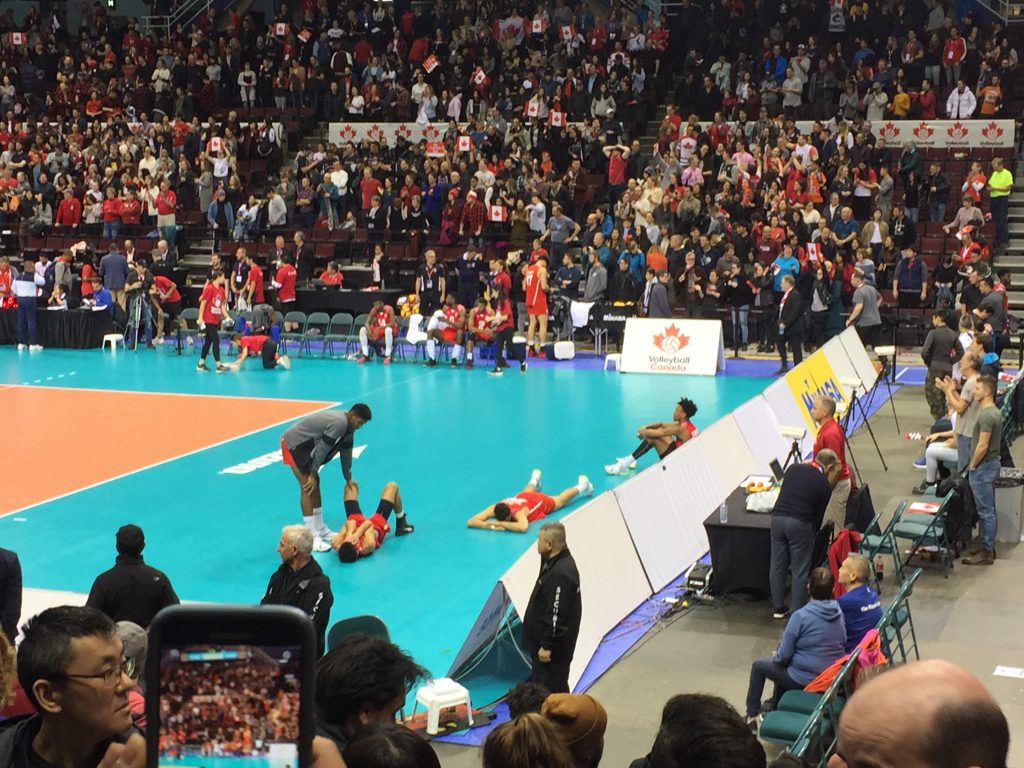“I would love to _____ more, I just don’t have enough time!”
Everyone has one. If you’re like me, maybe you have a long list. Maybe it’s exercise more, write more, learn a language, make things, or write a book – we’re always looking for more time to do these things. Right now, while millions of people are around the world are practicing self-isolation and social distancing due to COVID-19, many of us are experiencing free time in a way that we haven’t in years*. Without the commute, and with all plans cancelled, it means a lot of extra time.
*I realize I’m in a very privileged position right now – I’m still working full-time remotely, I’m not caring for kids or anyone else, I’m in an area considered low-risk, and my rental housing is pretty secure.
Are you doing the things on your list?
Treasure this time if the answer is yes, but don’t be ashamed if the answer is no. Maybe you’re somewhere in between. There’s a lot of reasons you might not be working on those things. For me, it breaks down into a few things.
Turns out I don’t want to
This is difficult for me to reconcile sometimes. But the reality is, sometimes the reason I procrastinate or put something off is because I’m genuinely not interested in doing it. For example – there’s this one particular book I’ve always wanted to write. I always thought I was waiting for more time. Writing is hard work – not everyone is cut out to be a writer. Of course, practice makes perfect, but it’s easy to hit a dead-end when you don’t actually care about practicing. I like writing, and have always liked to write. I thought this meant I would be the kind of person who writes a book. I thought this was a goal I should have – it wasn’t a goal that I wanted to achieve.
Thinking that you need to do something, even though you don’t want to, is a pretty heavy burden to bear. I decided a few years ago to put the idea for a book on hold. I may decide one day I want to write a book, but it’s okay that I don’t want to do that right now. Or maybe ever. I’m so hard on myself for so many things, why add to the list?
The motivation is wrong
I love exercise. I love sport, I love competition, I love working hard, and I love the way it makes me feel. I have no trouble getting out to play volleyball or hitting the gym with my partner. So why do I struggle to work out at home while in social distance mode? It’s because the motivation is all wrong.
The benefit of team sports or group work-outs is a fun mix of competition and social fuel. Even when the work is hard, it’s still fun. When I try to work out at home, it’s usually due to a sense of obligation and low self-esteem. Unrealistic beauty standards are impossible to escape.
Understanding this reason doesn’t always help me fight back, but it does help me be more compassionate to myself.
Unresolved mental health problems
Have you ever felt like you just can’t get started even on things that you really, genuinely want to do? Some amount of procrastination is normal, but sometimes it really is just anxiety, depression, or other mental health problems holding us back.
Turns out I have had anxiety my whole life. I started anti-anxiety medication last year, and I was shocked to realize how pervasive anxiety was in every aspect of my life. I was chronically held back by indecision fatigue, completely exhausting myself mentally and emotionally while fearing to make any choice at all. I was paralyzed by even the most trivial decisions.
I also had no ability to prioritize myself. I felt like I had complete inability to say “no” – fearing that I would deeply hurt or disappoint other people by rejecting an invitation – even when I had zero interest in the activity, or quite frankly, zero interest in the person. I invested all my energy into everyone that wasn’t me, which left little time for any amount of personal fulfillment.
In the “free” time I did have – all I could manage was books and video games. Even when I went to bed early (as I usually did), I woke up every morning exhausted. Turns out this was just another symptom of my anxious body trying to tell me to slow down and rest.
I’m not a doctor, but if you’re struggling, it’s worth reaching out to a professional for help.
In summary,
Treasure this rare opportunity to save lives by staying at home. Do the things you want to do (if you want to do them), and don’t let yourself get weighed down by things you don’t. No one needs that extra burden.

